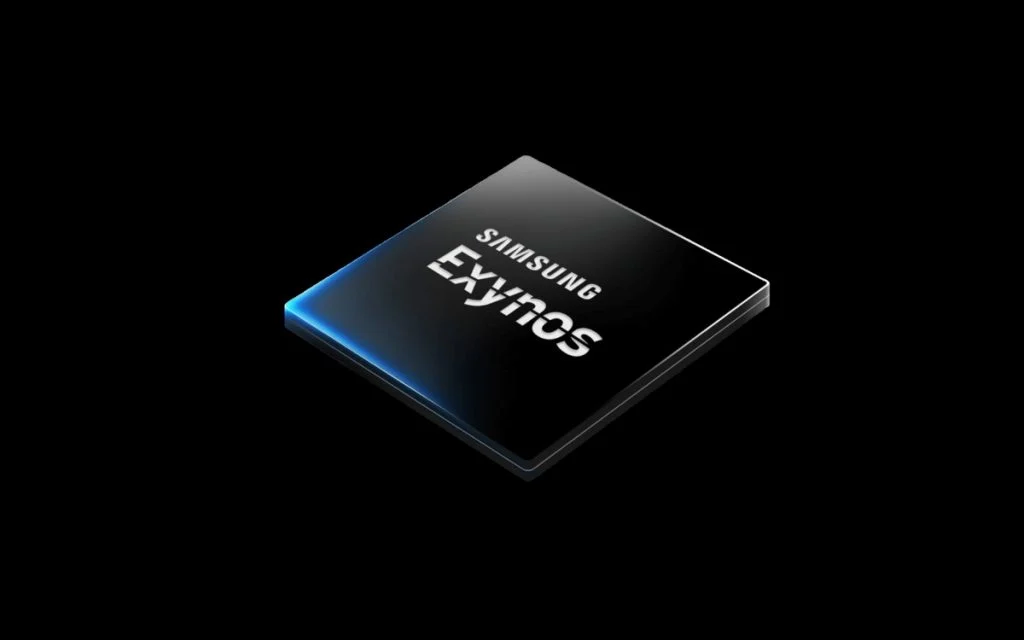The Galaxy S25 series hasn’t been announced yet, but rumors are already flying about the Galaxy S26 series. A tipster on X (formerly Twitter) says Samsung plans to “significantly” use its Exynos chips in the Galaxy S26 lineup. This suggests Samsung might go back to using its own processors in its flagship devices in many regions.

Exynos Chips in the Galaxy S26 Series
Samsung faced some issues with its Exynos 2500 chip, which was supposed to power the Galaxy S25 series. But due to production problems with the 3nm process, it wasn’t cost-effective for Samsung to produce the chip in large quantities for the S25 series. So, the S25 series will likely use Qualcomm’s Snapdragon 8 Elite chipset, with the Exynos 2500 used in the Galaxy Z Flip 7 and Z Flip FE models instead.
A report from South Korea says Samsung is making progress in mass-producing the 3nm process for the Exynos 2500 and is expected to do the same with the 2nm process for the Exynos 2600.
History and Strategy of Exynos Chips
Samsung’s plan to use Exynos chips in the S26 series makes sense from a business point of view. The company has mostly used its own chips in its devices. However, in previous years, the performance gap between Exynos and Snapdragon chips led to mixed reviews from consumers.
For the Galaxy S23 series, Samsung used only Qualcomm’s Snapdragon 8 Gen 2 after getting criticism for its dual-platform strategy. This decision was well-received, with the Snapdragon version of the Galaxy S23 performing better than the Exynos version. But Samsung went back to using both Exynos and Snapdragon chips in the Galaxy S24 series, depending on the region.
The Exynos 2400, which powers the S24 series, has shown big improvements and now competes more closely with Qualcomm’s Snapdragon chips. This progress is promising for the Exynos 2600, which is expected to narrow the performance gap even more. Many people still prefer Exynos on their Galaxy devices, regardless of performance or power efficiency. So, it wouldn’t be surprising if Samsung “significantly” uses its own chips in its future flagship devices again.






